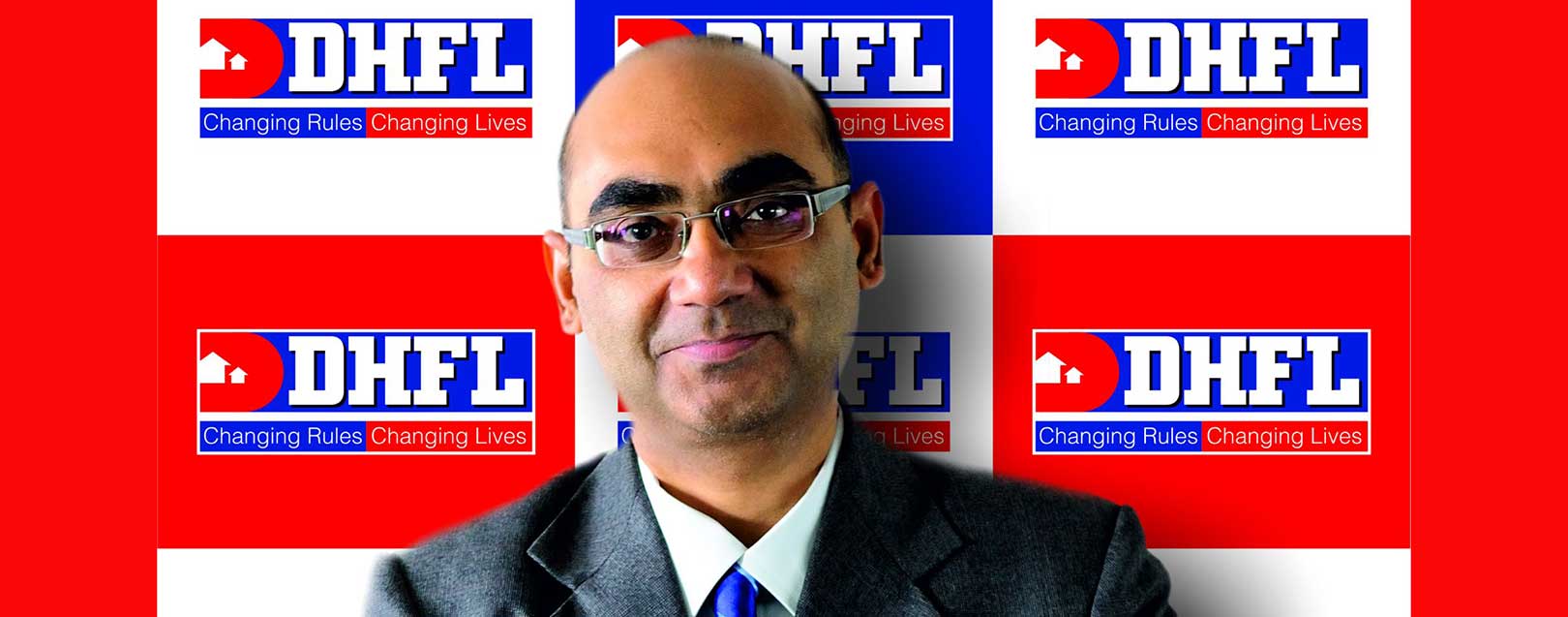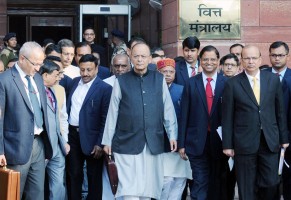
Demand supply mismatch in MSME: Harshil Mehta
The Dollar Business (TDB) spoke to Mr. Harshil Mehta (HM), CEO at DHFL on key issues relating to access of credit to SMEs. The excerpts are given below:
By Ahmad Shariq Khan
TDB: Access to credit is one of the biggest challenges hurting MSME’s in India. What is your suggestion on changing the status quo?
HM: Today undoubtedly, the MSME segment can be described as the backbone of the Indian economy. This segment, however, needs a positive business environment and finance options for upgrading worker skills and buying capital equipment, thereby realising its potential to spread industrial growth across the country. Realising the challenges faced by the MSMEs, the Government has come up with various progressive policy initiatives and measures which have helped in the gradual improvement of the business environment for the sector. Despite this, there continues to be a huge demand-supply mismatch in MSME financing. One of the major reasons for the same is the higher perceived credit risk involved in financing such enterprises. This is primarily on account of non-availability of valid bills, proper accounting systems and lack of known buyers. In my view, that is the single most important issue that is hurting the sector and the stakeholders need to do something about it.
TDB: The prevalent practice of producing business collaterals is a big hurdle in the way of improved access of finance to our MSMEs. How is DHFL trying to make a difference?
HM: Presently, our MSME sector is characterised by high levels of credit risk and to mitigate such credit risk, a large number of financial institutions demand enhanced collateral or traditional equity, that cannot be produced by most MSMEs. Further, due to their small size and local presence, the transaction costs involved in financing these firms are high, making their interest rates higher.
To address these challenges, DHFL has come up with innovative products to improve ease of finance to the MSMEs. These include property term loans with flexible tenure to meet all business expansions and working capital requirements of MSMEs. DHFL is also in the process of building its own sales team to offer the right kind of products and better services like customized products on loan applications to MSMEs through reduced turnaround time.
TDB: Assessments are largely based on financial performance of the firms. Do you think we need to make few amendments here?
HM: I believe, it’s high time our financial institutions such as banks and NBFCs look at various innovative financing structures and instruments to assess MSMEs as against the traditional method of reviewing that are largely focussed on the financial performance of firms. These new techniques can help come up with new products that are designed to assess risks associated with funding MSMEs. In return, they can help in reducing sales and distribution costs. The costs can then be passed on to the client MSMEs and lower their interest rates.
TDB: Globally speaking, supply chain finance (SCF) is an instrument that has made a difference in easing the credit flow to SMEs. How did Indian MSMEs benefit through its application?
HM: I believe it’s quite encouraging to see Indian financial institutions making use of SCF in the country. And this is the right step in the right direction. I am all in favour of such newer initiatives because MSMEs will now be able to raise finance against ‘approved payables’, backed by the credit rating of the company at the head of the supply chain – thereby enabling smaller companies to benefit from a cheaper cost of working capital to the superior creditworthiness of their large customers.
The finance provider will have the flexibility to optimise the working capital position of the client by extending its payment terms to 90 days and beyond, without getting pressured. He is also able to manage his credit risk effectively since credit information on large corporates, particularly those based in developed markets, is readily available. The MSME sector in the country needs more such initiatives and DHFL is working in that direction.






 to success.
to success.